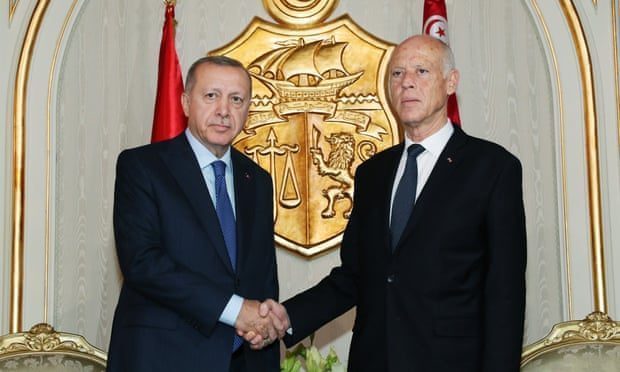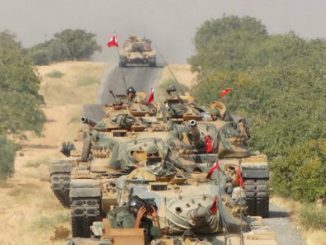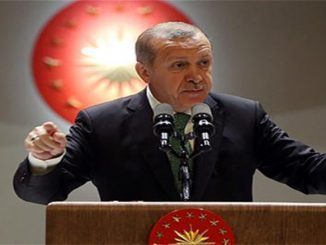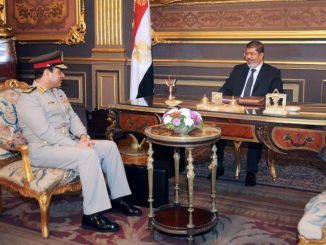
Turkish leader’s visit comes as Ankara moves to strike deals with Mediterranean nations
Turkish President Recep Tayyip Erdogan has arrived in Tunisia on a surprise visit for talks with his Tunisian counterpart, Kais Saied, his office has said.
Foreign Minister Mevlut Cavusoglu, Defense Minister Hulusi Akar and the head of the National Intelligence Organization (MİT) Hakan Fidan, Presidential Communications Director Fahrettin Altun and Spokesperson Ibrahim Kalın are accompanying the president.
The visit, the first by a head of state since the Tunisian presidential elections in the autumn, comes as Turkey has ramped up efforts to strike deals with nations on the Mediterranean, where Ankara has been at odds with Greece over resources off the coast of the divided island of Cyprus.
Turkey believes that Tunisia will contribute to efforts to promote stability in its eastern neighbor Libya, President Erdogan said today.
Speaking at a joint press conference with his Tunisian counterpart Kais Saied during the surprise visit to Tunisia, Recep Tayyip Erdogan said the turmoil in Libya is affecting not just itself but also neighboring countries like Tunisia.
“I believe Tunisia will make valuable and constructive contributions to efforts to achieve stability in Libya,” Erdogan said.
He also said during his visit, he and Saied would discuss steps to start a political process after a cease-fire in Libya and how Tunisia might help.
It comes days after the Turkish parliament approved a security and military cooperation deal signed with Libya’s internationally recognized government last month,
Turkey’s parliament also agreed to another memorandum of understanding to delimit maritime zones in the Eastern Mediterranean, in an attempt to block Greek and Cypriot energy drilling activities in the area.
Turkey supports the U.N.-backed GNA government in Libya against militia and mercenaries of self-proclaimed military leader Khalifa Haftar.
On Tuesday, presidential spokesman Ibrahim Kalin said Turkey might need to draft a bill to send troops into Libya and added the parliament was currently working on one. Ankara’s possible deployment into Libya has also alarmed Russia, which said it was very concerned by such a prospect.
On Nov. 27, Ankara and Tripoli’s Government of National Accord (GNA) signed two separate agreements, one on military cooperation and the other on maritime boundaries of countries in the Eastern Mediterranean.
Since the ouster of late leader Gaddafi in 2011, two seats of power have emerged in Libya: one in eastern Libya supported mainly by Egypt and the United Arab Emirates, and the GNA in the capital Tripoli, which enjoys UN and international recognition.



